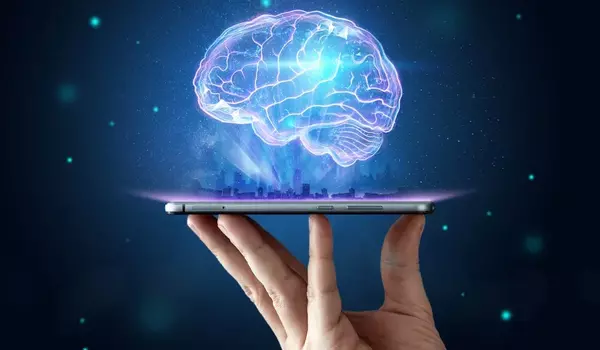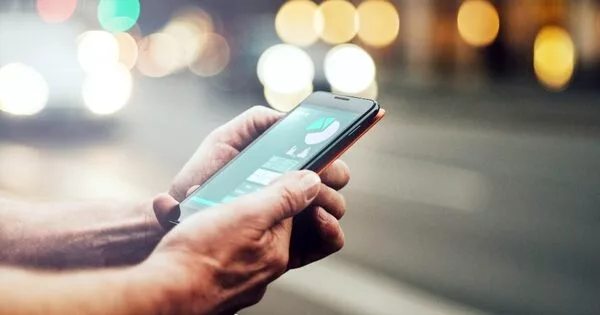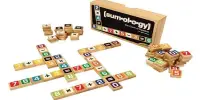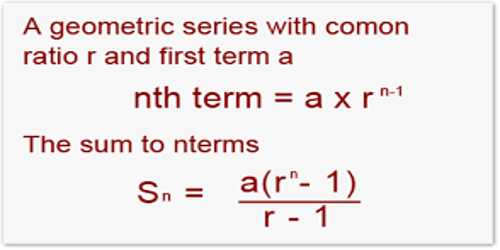Using digital devices to store vital information may free up mental space for recalling less important information. University College London researchers discovered that digital devices help people remember both saved and unsaved information.
According to a new study led by UCL researchers, using digital devices such as smartphones may help improve memory skills rather than cause people to become lazy or forgetful. The study, published in the Journal of Experimental Psychology: General, found that digital devices aid in the storage and recall of critical information. This, in turn, frees up their memory to recall less important information.
Neuroscientists have previously expressed concern that excessive use of technology could lead to cognitive decline and “digital dementia.” The findings, however, show that using a digital device as an external memory not only helps people remember the information saved into the device, but it also helps them remember unsaved information. Researchers created a memory task that can be played on a touchscreen digital tablet or computer to demonstrate this. The test was carried out by 158 volunteers ranging in age from 18 to 71.
We found that when people were allowed to use an external memory, the device helped them to remember the information they had saved into it. This was hardly surprising, but we also found that the device improved people’s memory for unsaved information as well.
Dr Sam Gilbert
Participants were shown up to 12 numbered circles on the screen and were instructed to remember to drag some to the left and some to the right. At the end of the experiment, their pay was determined by the number of circles they remembered to drag to the correct side. One side was labeled ‘high value,’ which meant that remembering to drag a circle to that side was worth ten times as much as remembering to drag a circle to the other ‘low value’ side.
This task was completed 16 times by the participants. Half of the trials required them to remember using their own memory, while the other half allowed them to set reminders on the digital device.
The results found that participants tended to use digital devices to store the details of the high-value circles. And, when they did so, their memory for those circles was improved by 18%. Their memory for low-value circles was also improved by 27%, even in people who had never set any reminders for low-value circles.

However, results also showed a potential cost to using reminders. When they were taken away, the participants remembered the low-value circles better than the high-value ones, showing that they had entrusted the high-value circles to their devices and then forgotten about them.
Senior author, Dr. Sam Gilbert (UCL Institute of Cognitive Neuroscience) said: “We wanted to explore how storing information in a digital device could influence memory abilities.
“We found that when people were allowed to use external memory, the device helped them to remember the information they had saved into it. This was hardly surprising, but we also found that the device improved people’s memory for unsaved information as well.”
“This was because using the device changed the way people used their memory to store high-importance versus low-importance information. When people had to remember things on their own, they used their memory capacity to remember the most important information. When they were able to use the device, they saved important information into it and used their own memory for less important information.”
“The results show that external memory tools work. Rather than causing ‘digital dementia,’ using an external memory device can actually improve our memory for information that we never saved. However, we must be cautious to back up the most critical information. Otherwise, if a memory tool fails, we may be left with only less important information in our own memory.”
















